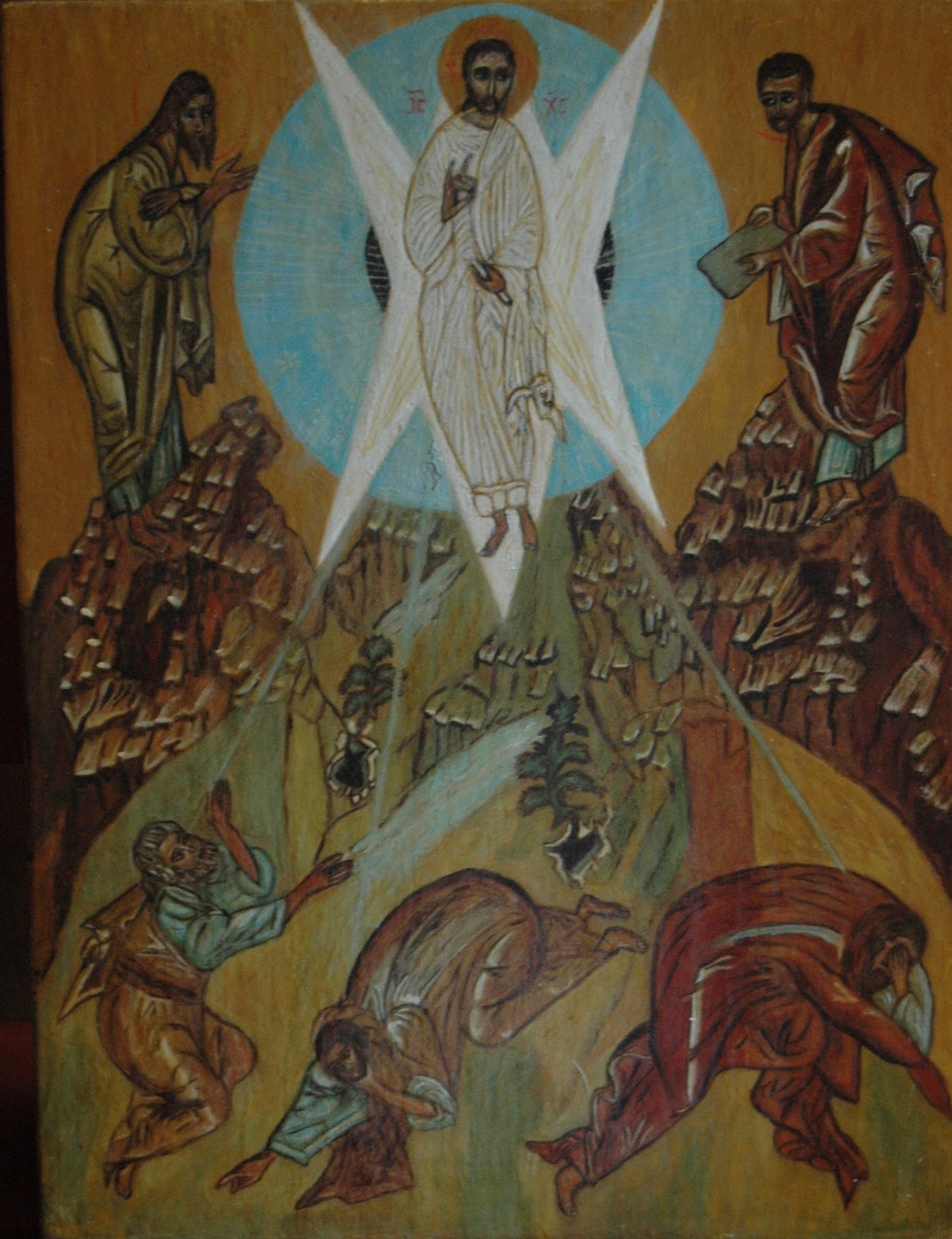It is during this expanse of history that the desert becomes the site of God’s great revelations: in the midbar (desert), says the Talmud, God reveals himself as medabber, the one who speaks. In the desert Moses sees the burning bush and receives the revelation of the Name (Exodus 3:1-14); in the desert God gives his people the Law, meets with them and binds himself in a covenant with them (Exodus 19-24); in the desert he offers his people gifts in abundance (manna, quails, water from the rock); in the desert he reveals his presence to Elijah in “a tiny whispering sound” (1 Kings 19:12); in the desert he draws Israel, his bride, back to him after her betrayal (Hosea 2:16), and renews his marriage covenant with his people...
In order to set out, we need to travel lightly - the desert teaches us to recognize what is essential and is an apprenticeship in reduction and simplification. It also educates us in faith by sharpening our inner vision, giving us an eye that penetrates, and making us vigilant. A man or woman of the desert is able to recognize the presence of God and denounce idolatry. In John the Baptist, man of the desert par excellence, everything is reduced to the essential - in him we find a ‘voice that cries out’ and calls for conversion, a hand that points toward the Messiah, an eye that searches deeply and discerns sin, a body carved by the desert, an existence transformed into a journey toward the Lord (“In the desert prepare the way of the Lord!”, Isaiah 40:3). His food is frugal, his clothing reveals that he is a prophet, and he himself decreases in front of the one who comes after him. He has learned well the desert’s economy of diminution. But he has also experienced the desert as a meeting place, a place of friendship and love: he is the friend of the bridegroom who stands next to the bridegroom and rejoices at the sound of his voice. The Biblical desert leaves us with this ambivalence. We can see it as a figure of the ambivalence of human life, the believer’s daily experience, and the contradictory experience of God himself. Perhaps Henri le Saux was right in saying, “God is not in the desert. It is the desert itself that is the mystery of God.”
In order to set out, we need to travel lightly - the desert teaches us to recognize what is essential and is an apprenticeship in reduction and simplification. It also educates us in faith by sharpening our inner vision, giving us an eye that penetrates, and making us vigilant. A man or woman of the desert is able to recognize the presence of God and denounce idolatry. In John the Baptist, man of the desert par excellence, everything is reduced to the essential - in him we find a ‘voice that cries out’ and calls for conversion, a hand that points toward the Messiah, an eye that searches deeply and discerns sin, a body carved by the desert, an existence transformed into a journey toward the Lord (“In the desert prepare the way of the Lord!”, Isaiah 40:3). His food is frugal, his clothing reveals that he is a prophet, and he himself decreases in front of the one who comes after him. He has learned well the desert’s economy of diminution. But he has also experienced the desert as a meeting place, a place of friendship and love: he is the friend of the bridegroom who stands next to the bridegroom and rejoices at the sound of his voice. The Biblical desert leaves us with this ambivalence. We can see it as a figure of the ambivalence of human life, the believer’s daily experience, and the contradictory experience of God himself. Perhaps Henri le Saux was right in saying, “God is not in the desert. It is the desert itself that is the mystery of God.”

